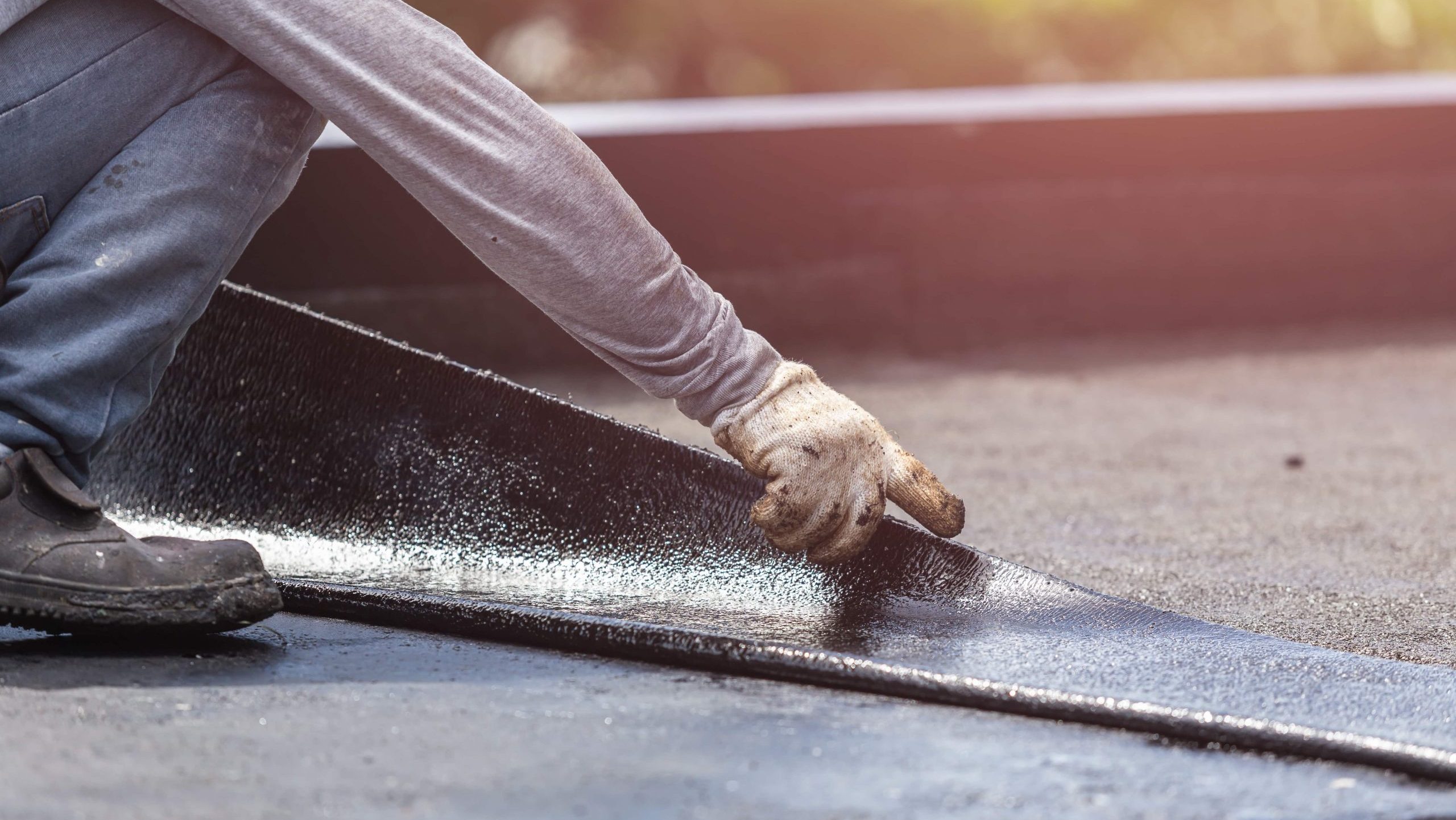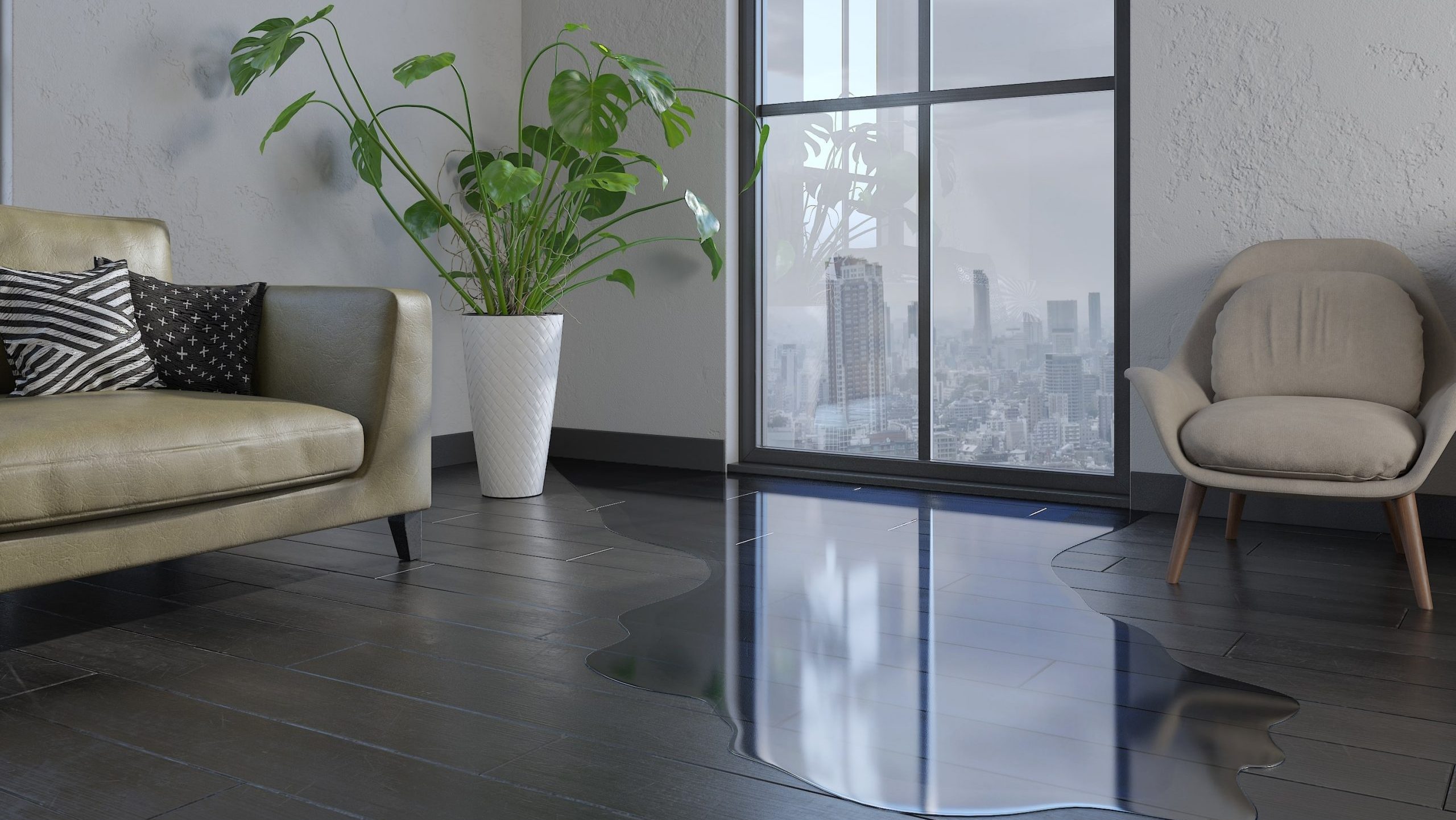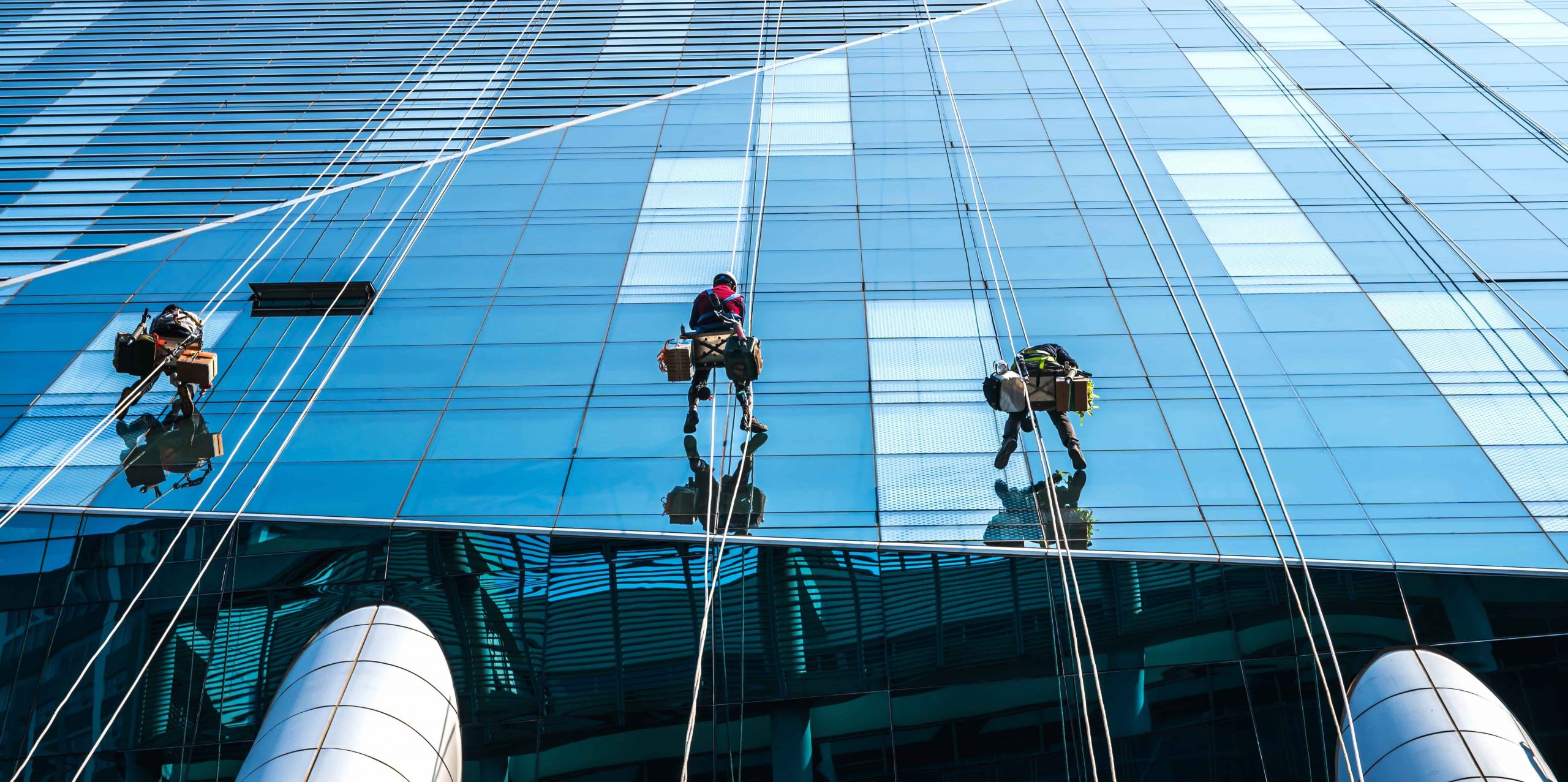Table of Contents
Introduction
Waterproofing industrial roofs is a crucial component in maintaining structural integrity and ensuring operational efficiency of industrial buildings. The roofs of industrial buildings are exposed to water leakage due to their high surface area and harsh weather conditions, which may cause roof leaking or even terrible structural damage. In this article, effective waterproofing for industrial roofs is explained; good techniques, durable materials, and proper application methods are pointed out to ensure truly durable protection.
Understanding the Need for Waterproofing Industrial Roofs
Common Issues
Industrial roofs are usually exposed to several environmental stresses, such as heavy rainfall, high sunlight radiation, and fluctuate in temperatures, which give rise to the following typical problems:
- Leaks and Water Infiltration: Continuous water exposure could lead to leaks, causing damage or possible operational disruptions.
- Structural Damage: Water penetration weakens the roof’s structure and causes corrosion, decay, and loss of stability.
- Mold and Mildew Growth: Moist environments provide a suitable environment for molds and mildew, which are dangerous and destructive to a structure.
- High Energy Expenses: Bad waterproofing might be the number one reason leading to inadequate insulation, resulting in increased costs for heating and cooling.
Benefits of Proper Waterproofing Industrial Roofs
Proper waterproofing of industrial roofs has the following benefits: ensuring the durability and operational efficiency of a building:
- Enhanced Lifespan: A fully waterproofed roof effectively reduces the chance of any water damage to the structure, cutting down on decay and increasing its lifespan.
- Protection of Assets: This safeguard protects the equipment and inventory stored inside the building that may be caused by water.
- Increased Energy Efficiency: A waterproof and insulated roof will maintain stable internal temperatures, leading to less energy consumption.
- Enhanced Indoor Air Quality: By stopping water infiltration and the growth of mold, it maintains a much healthier indoor air quality.
- Cost Savings: Businesses can save a lot of money in the long run by avoiding extensive repairs and maintenance due to water damage.

Types of Waterproofing Materials
Choosing the correct waterproofing materials would be a significant factor in contributing to the protective aspect. Here are a few common and effective materials generally used in the waterproofing of industrial roofs:
Torch Membrane Waterproofing
Torch membrane waterproofing involves the application of a bituminous membrane onto the roof’s surface with heat that will make it stick firmly.
Definition of the Substance:
- Very powerful and resistant to weather
- Seamless and uniform layer of protection
- Durable: needs only a little maintenance
Uses and Aspects
- Ideal for flat or low-sloped roofs
- Needs to be applied by professionals
- Safety considerations during application due to the use of heat
Liquid Applied Membranes
Liquid applied membranes are versatile coatings that cure by forming seamless and flexible waterproof layers.
Benefits and Uses
- Basic application with complex roof shapes
- The seamless finish reduces potential leak points.
- Applicable to new construction and maintenance work
Sheet Membranes
Sheet membranes are preformed sheets spread across the surface of a roof as a waterproofing barrier.
Types and Benefits:
- EPDM (Ethylene Propylene Diene Monomer): Known by its durability and UV resistance.
- TPO (Thermoplastic Polyolefin): Energy efficient and heat weldable
- PVC (Polyvinyl Chloride): Good chemical resistance as well as great flexibility.
Bituminous Waterproofing
Bituminous waterproofing is a general term for products where the main material of the product is bitumen.
Benefits and Uses:
- Affordable and widely distributed
- Appropriate for any type of roofing
- Has outstanding adhesion to a variety of substrates
Spray Polyurethane Foam (SPF)
SPF is a foaming material; it expands to create a seamless waterproof layer.
Benefits and Uses
- Excellent insulation
- Adheres very well to irregular surfaces
- Offers excellent protection from leakage and water damage
Key Techniques for Waterproofing Industrial Roofs
Surface Preparation
Effective waterproofing should have proper surface preparation.
- Cleaning: Removing debris, dust, and contaminants to provide a suitable surface for the application.
- Repairs: Make the necessary repairs to existing damage, such as cracks and holes.
- Drying: Make sure the surface is dry to allow full adhesion of waterproofing materials.
Application Methods
Applying specific methods ensure that different types of waterproofing materials function optimally.
- Liquid Applied Membranes: Can be applied using a roller, brush, or spray equipment, this makes it possible to work on the irregular shape of the roof.
- Sheet Membranes: Fastened through adhesive technology or mechanical fixing, each providing a durable, robust barrier.
- Bituminous Waterproofing: Can be torch-applied or cold-applied, depending upon the specific material and roof condition
- Spray Polyurethane Foam: This sprayed in place, it expands to create a seamless waterproof layer.
Quality Assurance
Quality assurance in waterproofing involves:
- Regular Inspection: Conduct inspection during and after the application to identify and detect issues.
- Adherence to Standards: Following the industry standards and manufacturer guidelines to ensure the optimal performance.
- Leak Testing: Tests to prove the water tightness of waterproofing layer.

Advantages of Professional Waterproofing Services
Expertise and Experience
Hiring professional services, such as Secure Waterproofing, provides several advantages:
- Skilled Use: The proper techniques used by professionals ensures the best-effective waterproofing method.
- Up to date Knowledge: Professionals are stay informed with the latest materials and methods applied in the industry.
- Problem Solving: Solving various complicated issues on roofing, ensuring proper solutions and avoiding future problems.
Quality Materials
If we want the buildings to be waterproofed for long time, we need to use high-quality materials such as Davco and Sika:
- Durability: Good materials provide excellent performance and longevity.
- Reliability: The trusted brands assure industry standards and consistency.
- Proper Materials: Using certified materials to ensure compliance with safety and quality standards.
Maintenance Tips for Waterproofing Industrial Roofs
Regular Inspection and Maintenance
Regular inspections and maintenance are essential to the preservation of an industrial roof:
- Schedule Inspections: Most important inspections point out early warnings of potential issues.
- Prompt Repairs: Ensure that all repairs and maintenance activities are carried out promptly to prevent further damage.
Identifying Early Signs of Wear
Identifying the early signs of wear can prevent big problems from occurring:
- Cracks and Blisters: Inspect the whole surface of the roof for blisters, cracks, or bubbles.
- Water Stains: Always look for any sign of water penetration or staining on the ceiling.
- Mold and Mildew: Be alert for mold and mildew, which indicate signs of moisture problems.
Conclusion
Waterproofing industrial roofs is among the most critical aspect to maintain a building. To secure an industrial roof against various issues, many types of waterproofing may be necessary through knowledge of selecting materials appropriately and applying techniques effectively. Call Secure Waterproofing to provide maximum protection to your industrial roof, along with professional services so that the industrial roof remains in excellent condition.





